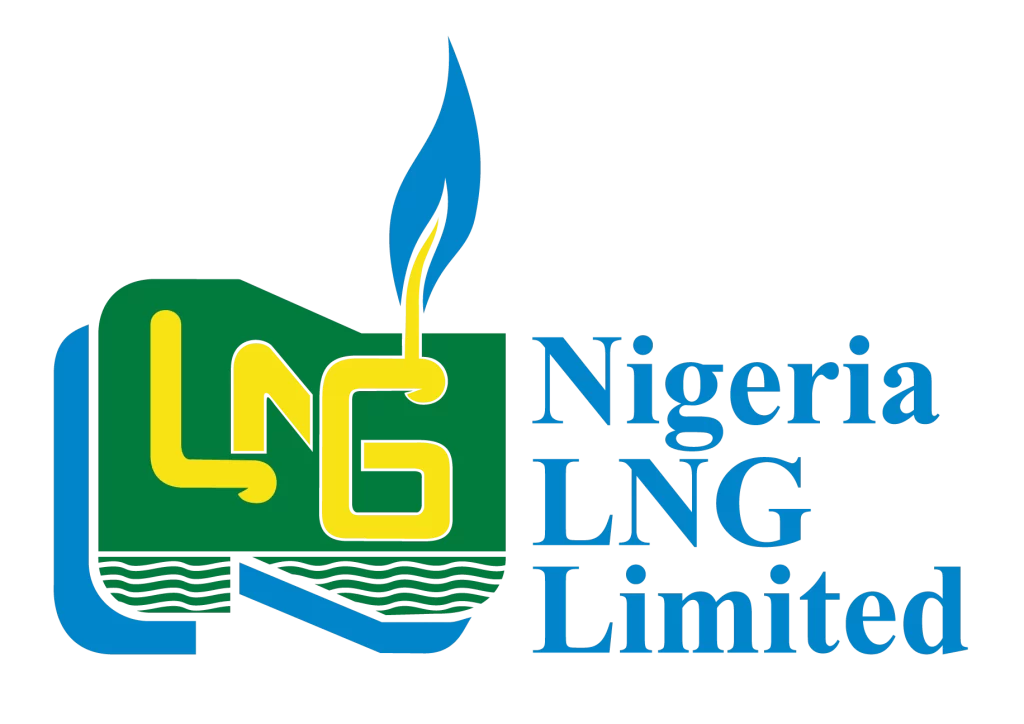
NIAS: Gas needed to meet demands of industrialization in Africa – NLNG
…Calls for increased LPG consumer awareness to drive utilisation

The Managing Director and Chief Executive Officer, Nigeria LNG Limited (NLNG), Dr. Philip Mshelbila, has said that there is real demand for clean energy such as gas in Africa to trigger a massive take-off for industrialisation, with a growing young population, abundant natural resources, and emerging internal markets.

Mshelbila ,who stated this in an industry speech on Day four of the just- concluded 7th Nigeria International Energy Summit (NIES) where he was represented by the Company’s Deputy Managing Director, Mr. Olakunle Osobu, stated the potential for growth in Africa relies heavily on energy to provide the necessary amenities in line with the UN Sustainable Development Goals.
He noted that gas remains a viable revenue generation strategy, experiencing a surge in demand due to its role as a clean energy option and transition fuel, both in Africa and globally, adding that global demand is projected to increase to 5.1 trillion cubic meters by 2035.
Mshelbila said that Africa would require substantial investments to increase gas production and ensure the supply of significant volumes of natural gas to the world market in the future. He emphasised that Africa, especially Nigeria, must take essential steps to attract the necessary investment for enhancing the gas industry from exploration to production.
“Despite the gas potential in Nigeria, our country struggles with inadequate infrastructure to efficiently harness and distribute our gas resources. This infrastructure gap has not only hampered domestic energy growth and power generation but also the country’s ability to meet its export commitments, posing a tremendous risk to our viability as a reliable and competitive gas supplier,” he said, adding that a dearth of investors significantly impacts the availability of capital necessary to enhance gas infrastructure within the country,” he said.
He stated that the Federal Government of Nigeria in August 2022 estimated a yearly investment of $20 billion is required to bridge the gas infrastructure gap in Nigeria in the next 10 years.
Mshelbila expressed optimism, calling for deliberate efforts in moving the needle on the Decade of Gas programme by the Federal Government. He stated that the Petroleum Industry Act (PIA) has the potential to reshape both the industry landscape and address deficiencies in the country’s gas infrastructure.
“Facilitating an enabling environment that is light on regulatory volatility and heavy on efficiency of process and operations will encourage foreign investment, which is the means to bridging the infrastructure gap in a competitive and sustainable manner,” he concluded.
The NLNG CEO spoke during a special session tagged “The Gas Day” at the summit.
Meanwhile, the company has called for increased consumer awareness, especially in rural areas, on the use of Liquified Petroleum Gas (LPG) to drive up utilisation and reduce associated risks from using biomass for cooking.
At the National Oil Companies Forum on Day Three NIES, the Company’s General Manager, Finance, Mrs Fatima Adanan, underscored the need for a campaign that aims to transition biomass users to LPG for cooking in the market. She said the goal is to increase LPG usage in Nigeria, thereby altering the current energy mix and achieving deeper penetration of LPG.
She stated that the total market consumption in Nigeria is about 1.5 million metric tons with potential to increase exponentially.
NLNG supplies close to 500,000 metric tons to meet the market’s demand, fulfilling its commitment to supply 100% of its LPG production to the domestic market.
Mrs. Adanan emphasised that NLNG was doing everything within its power to make the product available and affordable, selling the LPG at a competitive price with payments made in Naira.
She said the Company was ready to work with stakeholders to deepen LPG utilisation and called on indigenous companies to participate actively in the distribution network and contribute to a robust value chain.
She stressed that NLNG remains committed to promoting the adoption of cooking gas as a superior and environmentally friendly cooking fuel, aiming to safeguard consumers and the environment from the risks associated with alternative fuels, which aligns with its environmental safety priorities.



